Michael Schur is best known as the creator of The Good Place, a show that managed to make moral philosophy hilarious and heartfelt. While writing the series, Schur explored the works of philosophers like Aristotle, Kant, Scanlon, and many others. This deep dive wasn’t just for the sake of the show. He discovered the questions they posed felt important. That research became the foundation for his book How to Be Perfect, a guide to understanding moral philosophy in an approachable, funny, and practical way. As a bonus, check out the book’s cover to see how clever and brilliant Schur is.
The book’s main takeaway is simple, yet powerful: the goal is not perfection. The goal is to try to be a little better, kinder, and more thoughtful each day. Those ideas are relevant to our personal lives and provide a framework for working better with our colleagues and serving our customers more effectively.
One of Schur’s strongest points is that morality is not reserved for just those big moments. It lives in the small, everyday choices we make. At work, that might mean taking the time to truly listen to someone before responding or offering help, even when it’s not required. These moments might seem tiny in isolation, but they build a foundation of trust over time. That trust makes collaboration easier and communication smoother with our internal and external customers.
The book also drives home the message that good intentions aren’t enough if the results don’t match. Schur explains that while wanting to do the right thing matters, it is equally important to consider how our actions affect others. In the office, this might be the difference between offering a quick fix instead of solving the customer’s root problem in a lasting way. It might also mean adjusting our process to work better for the team, not just ourselves. When we consider our intent and the impact, we create outcomes that feel good to everyone involved.
Schur also emphasizes that moral growth is a group effort. We become better not by isolating ourselves but by engaging with others. It includes sharing what we’ve learned and being willing to learn in return. This means working with cross-functional teams and giving credit freely. When we operate in this way, we create a culture where support and respect flow in all directions, and that is something customers can feel when they interact with us.
Perhaps the most resonating message of How to Be Perfect is that we don’t have to get it right every time. We will make mistakes. Some will be small and easily fixed, and others might be big and messy. What matters is how we respond. We should respond by admitting when we are wrong and making it right without defensiveness. Then, use the experience to improve and strengthen relationships, which builds credibility. Over time, this creates a workplace culture where people feel safe to take thoughtful risks, knowing that the goal is progress rather than perfection.
Schur’s book is equal parts philosophy and humanity. It reminds us that even in the busiest, most challenging parts of our jobs, we always have the opportunity to choose kindness. We must think beyond ourselves and strive to be better for our colleagues and our customers. We owe it to each other.
We will never be perfect. However, if we commit to being better today than yesterday, we will improve our results and the way we work with the people who matter most. That is the kind of perfect goal worth striving for.

Jason Cepeda is the Director of Learning and Development at the Lewis Group of Companies, where he leads initiatives that support employee growth and organizational capability. With a strong focus on creating impactful learning experiences, he partners across the company to build programs that enhance performance and engagement. Jason is passionate about fostering innovation and collaboration through learning, helping employees thrive in a changing environment. When he’s not in front of a classroom, Jason and his wife usually watch their two daughters at the softball field or soccer pitch. Ask Jason about the Dodgers or the latest sitcom for a really in-depth conversation.
